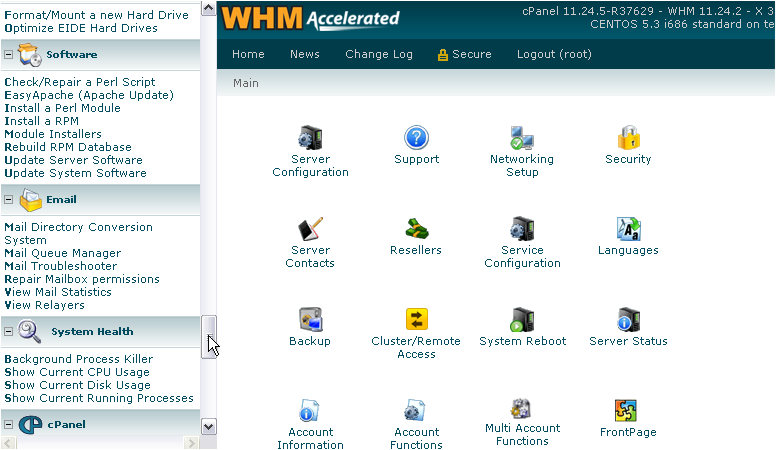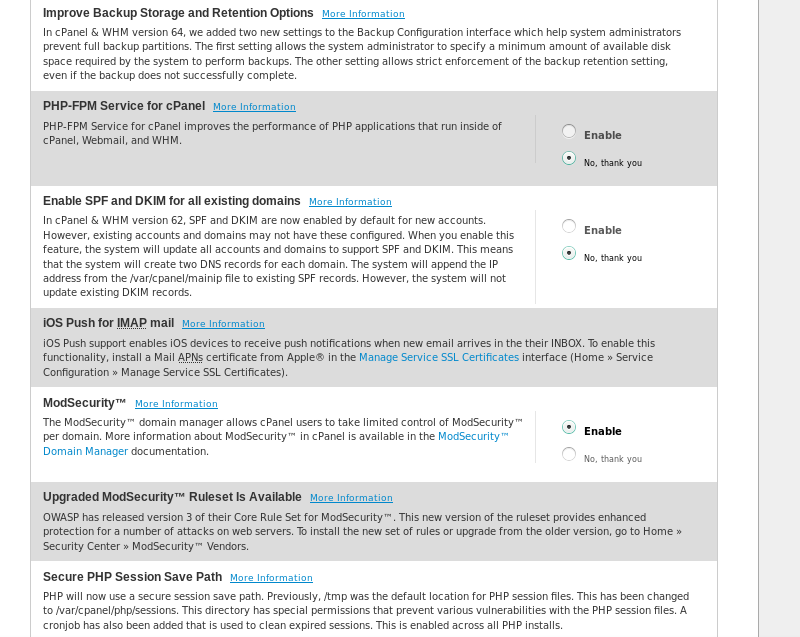
Setting new ACLs recursively is destructive. Here, we will display the list contents of a directory in long listing format as well as the author of each file, date, and owner permission using -l option with the ls command in the Linux system. To prevent unexpected permissions behavior, you must manually set new dataset ACLs recursively after changing the ACL type. To display the current directory content in the Linux/Unix system, we use the ls command as shown in below. When the ACL type changes from NFSv4 to POSIX, native ZFS ACLs do not convert to posix1e extended attributes, but ZFS will use the native ACL for access checks. Click the checkboxes to set the correct permissions. Make changes on the permission and hit Save. Option 3: Double-click the set of numbers under the Permissions column. When the ACL type changes from POSIX to NFSv4, internal ZFS ACLs do not migrate by default, and access ACLs encoded in posix1e extended attributes convert to native ZFS ACLs. Option 2: Right-click on the file that you want to change, then select Change Permissions from the list of options. WARNING: Changing the ACL type affects how TrueNAS writes and reads on-disk ZFS ACL. Next, click Advanced Optionsand scroll down to the ACL Type drop-down. To change an existing dataset’s ACL type, click the more_vert button next to the intended dataset and select Edit Options. All files inside the publichtml folder should have 0755 or 0644 permissions. All folders inside the publichtml folder should have 0755 permissions. You can select which ACL types you want new datasets to use while creating them. The publichtml folder should always have 0750 permissions. TrueNAS SCALE offers two ACL types: POSIX (SCALE default) and NFSv4.

#Whm list directory contents permission how to
How To Back Up Google Drive to TrueNAS SCALE.Click Show Backups to list the backups for that file or directory.

To see a directory’s contents, click on the directory’s name. The contents of the cPanel account user’s home directory will appear. If that account owner doesn't own the file, cPanel will not let the user chmod (change permissions) that file. If it's anything other than the account owner, you may want to chown that file to that account owner.

You may also want to do a ls -l to see who owns that file.


 0 kommentar(er)
0 kommentar(er)
